Albo rubbishes suggestion ‘Yes’ support is on wane
Prime Minister Anthony Albanese says support for the indigenous Voice to parliament continues to be in the majority, despite polling suggesting it is waning.
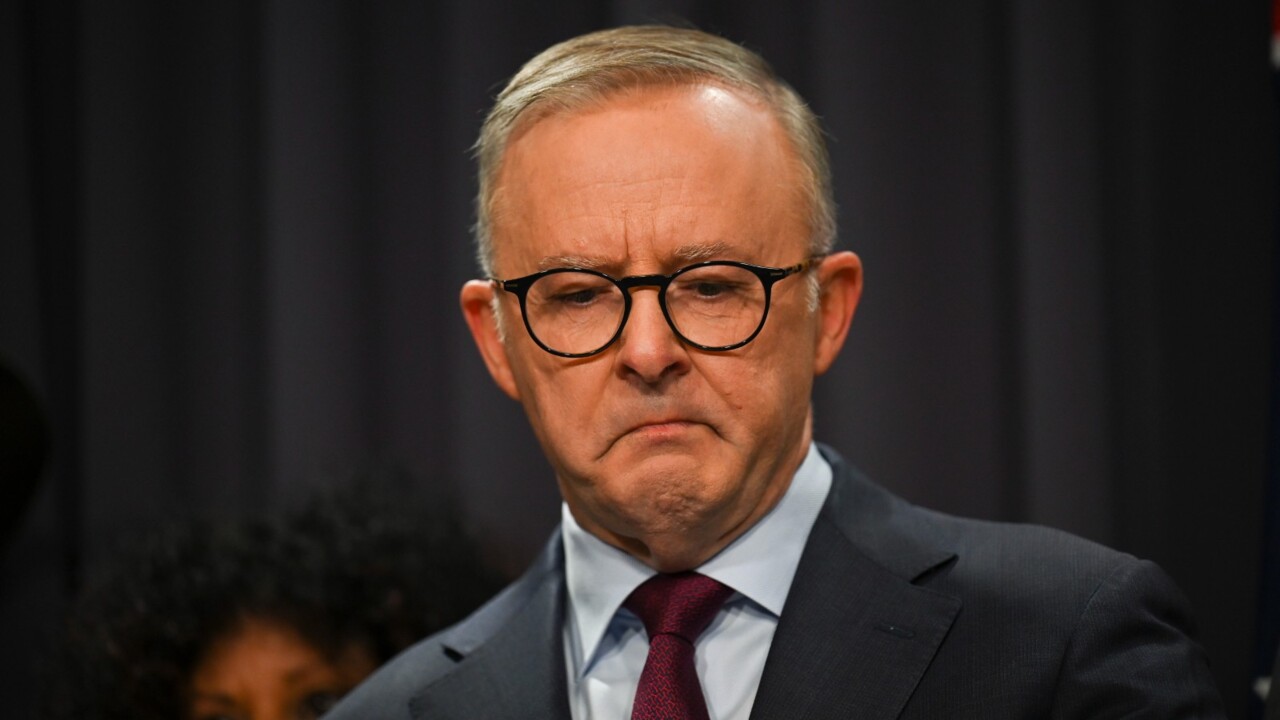
Prime Minister Anthony Albanese has brushed off suggestions that support for the indigenous Voice to parliament is waning despite polling showing that the “No” vote is gaining ground.
Polling released by JWS Research has shown that support for the Yes campaign has slipped from 51 per cent to 46 per cent.
In the same poll, the No vote has grown to 43 per cent - up seven per cent in the last four months.
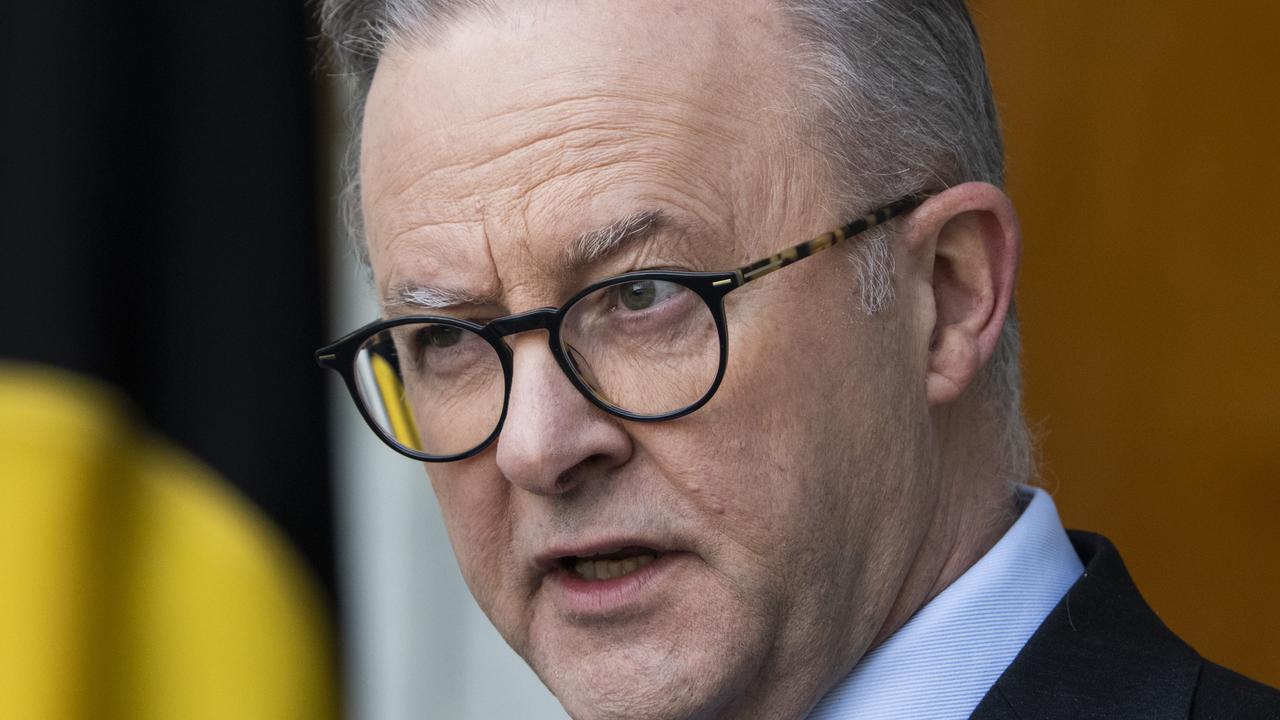
A poll released by Resolve earlier this month showed that support for the Voice had slipped to 49 per cent.
On a head to head basis, 42 per cent said they supported the Voice, with 40 opposed and a further undecided.
The polling suggests that as “undecideds” make up their mind they are leaning towards “No” in greater numbers.
The opposition has led the “No” campaign with Peter Dutton describing the Voice as divisive and calling for the government to instead to legislate constitutional recognition for indigenous people rather than hold a referendum.
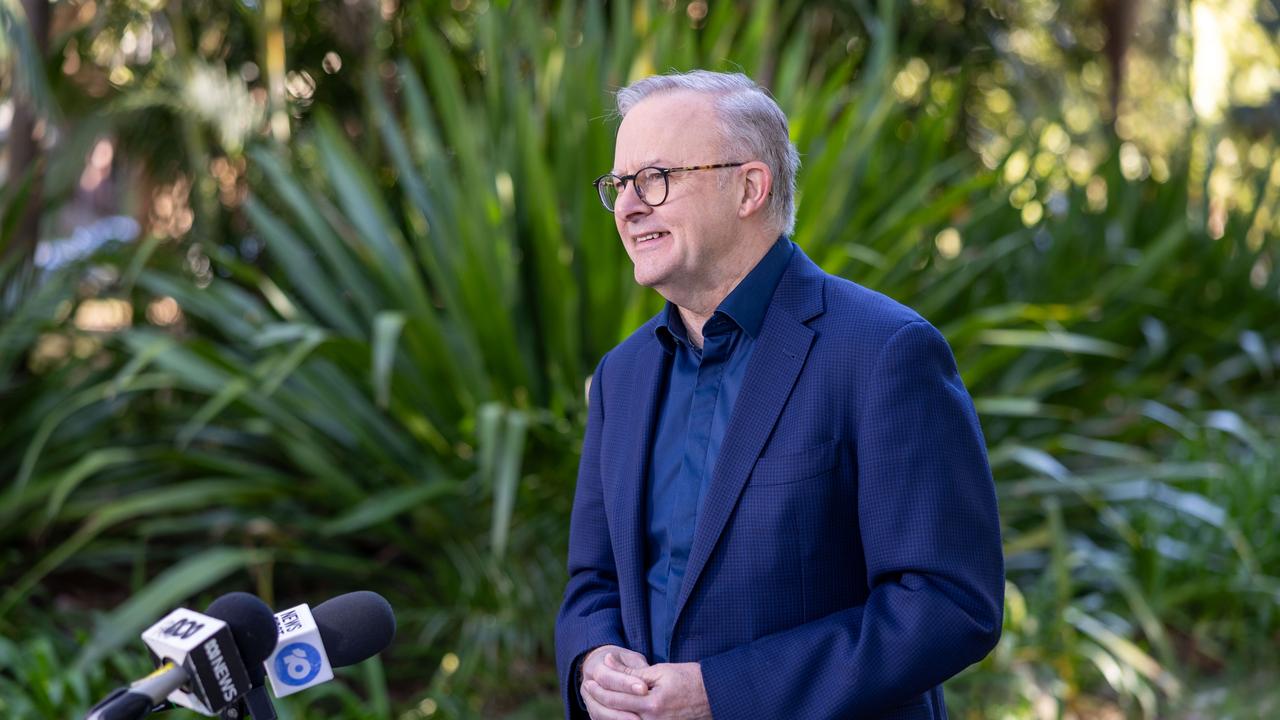
“Every poll including the one that was mentioned today has the Yes vote at higher than the No vote,” Mr Albanese said on Saturday.
“We continue to put the case, Australians will make up their own mind. I encourage Australians to look at the wording that’s put forward, to talk with First Nations people as well.
“The Barunga statement was brought to parliament this week. All of the land councils in the Northern Territory, including the Northern Land Council and the Central Land Council, make it clear the unanimous view, the unanimous request to vote yes in this referendum.”
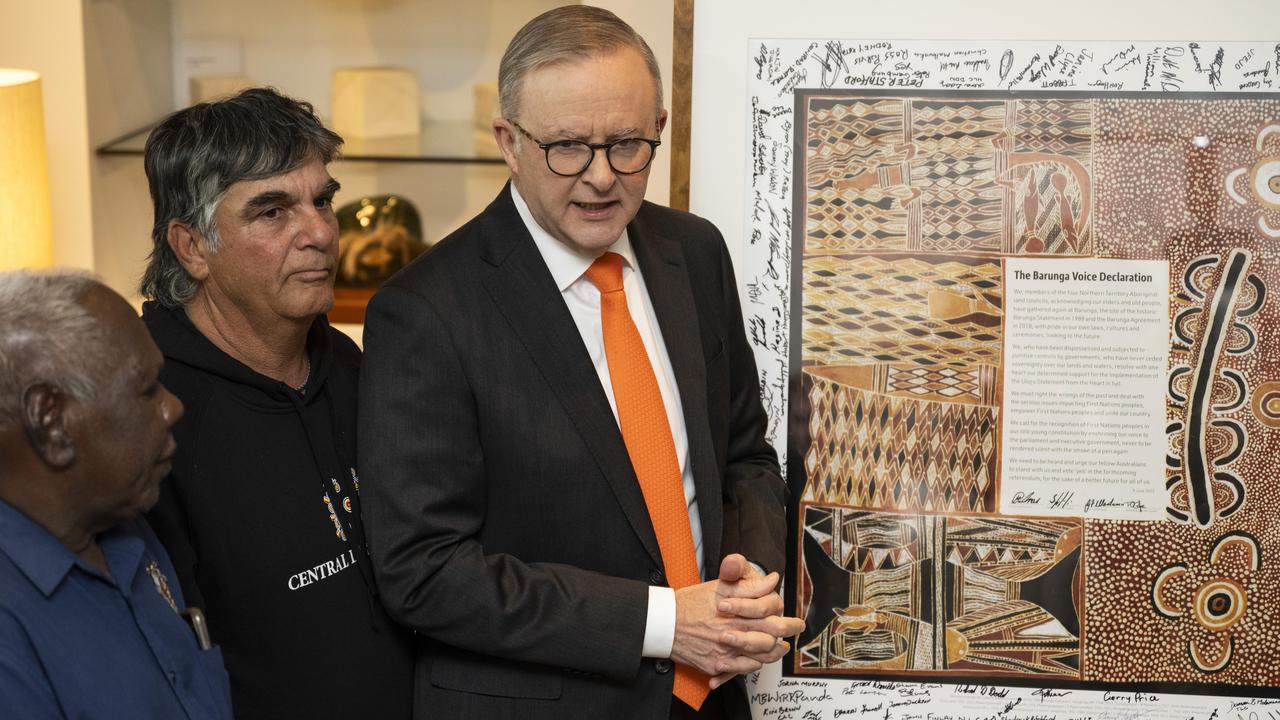
The government’s Constitution Alteration Bill passed the Senate, 52 votes to 19 on Monday.
Australians will vote in a referendum later this year on altering the Constitution.
If the referendum succeeds, the Constitution would be amended to recognise indigenous Australians as the nation’s First Peoples and to enshrine a permanent, independent Aboriginal and Torres Strait advisory body, or “Voice”, to parliament and the executive government.
The passage of the Constitution Alteration Bill through parliament on Monday triggers a six-month time frame in which the referendum must be held.
The government is yet to confirm the exact date, but any referendum must be held on a Saturday.
Mr Albanese said he would continue to prosecute the case for the “Yes” vote, pointing to indigenous Australian having poorer outcomes in health, education and infant mortality compared to the rest of Australia.
“This is a change that indigenous Australians have advocated for when they met at Uluru in 2017,” Mr Albanese said.
“If not now, when? We need to recognise First Nations people in our constitution.
“We know that when we listened to people who are directly affected, we’ll get better outcomes.”
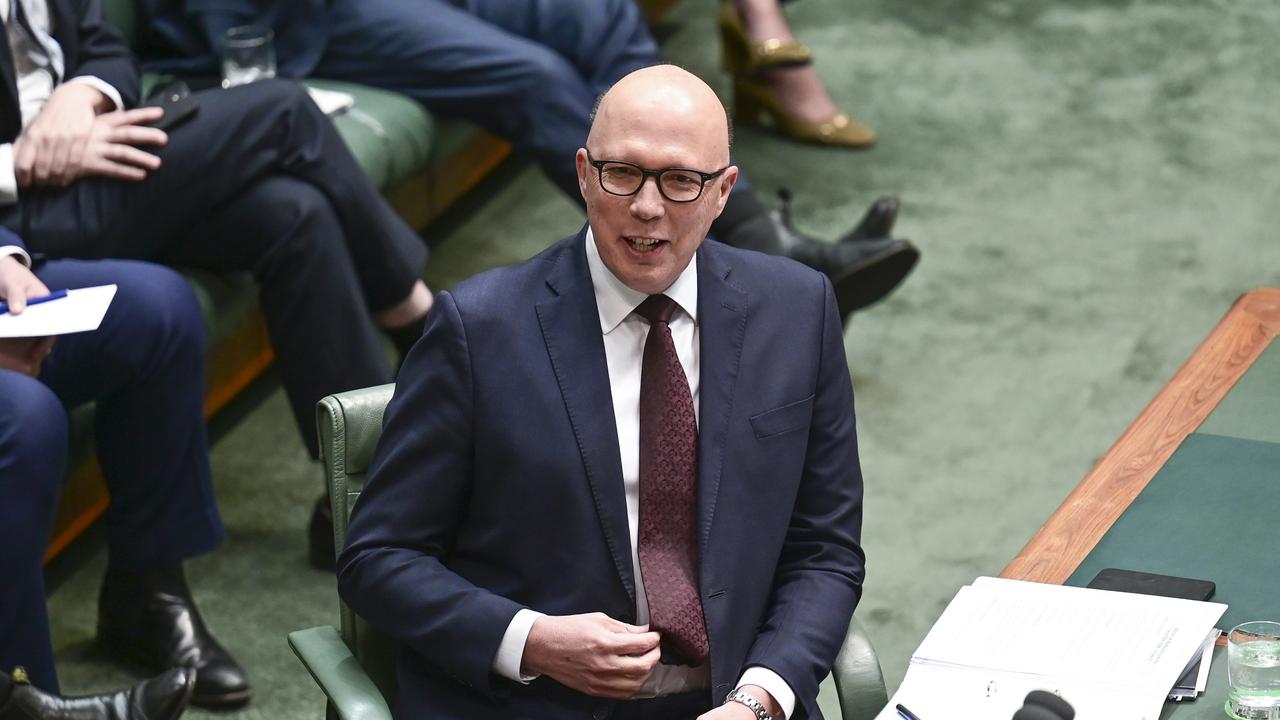
Asked about the possible negative ramifications on reconciliation if the referendum fails, he said he hoped it would be seen as a moment in history similar to the 1967 referendum, the Mabo and Wik decisions and the apology to the Stolen generations.
“My objective is to give more support to the request which has been made by Aboriginal and Torres Strait Islander people and I’ll be encouraging people to go down that path,” Mr Albanese said.
“Just as the business community, the sporting codes, faith groups, ethnic groups, the trade union movement - all of these movements in civil society are all saying it’s time we move forward together.”




